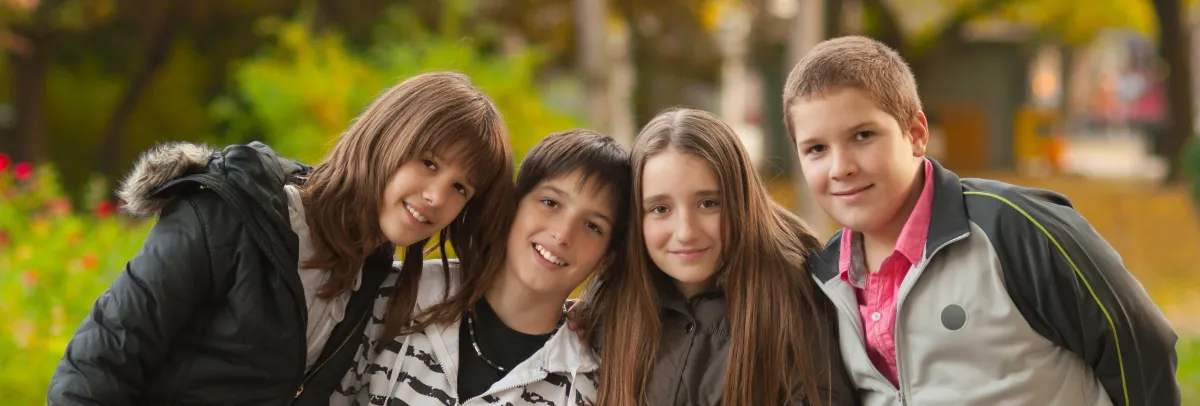
An interview with a foster child
We had a chat with one of our young people 'O' who has achieved so much since moving in with his foster carer last year. We are so proud of all our children and young people, they really are amazing! Take a look below to find out a bit more about O.

An Interview with 'O'
Since being in placement O has achieved so much from passing GCSE maths to making the first team in rugby! Take a look below to find out more about O.
Please tell us about you.
A. "I like a lot of different types of music from drill to ’70s."
How did you feel when you first came to live with your foster carer?
A. "Nervous but excited."
How do you feel now?
A. "Very happy."
What is your favorite thing about living with your foster carer?
A. "It's homely and my foster carer is also funny."
What is most important to you in life?
A. "Family."
We’ve heard you recently passed your math’s GCSE and made first team in rugby. These are amazing achievements! Tell us what achievement you have been most proud of.
A. "I’m most proud of making the first team with Rugby."
What are your dreams and aspirations?
A. "To do well in life."
Where do you see yourself in 10 years?
A. "Happy with a wife, a career and children."
Fostering Teenagers

Fostering a teenager may be one of the most challenging but rewarding roles you will ever take on. There are often misconceptions about fostering older children, but they are just the same as any other teenager and require love and support from a caring adult.
There are often some myths that come with fostering teenagers:
Myth One: You must be experienced to foster teenagers.
You do not need to be an experienced carer to foster teenagers. We offer training and 24/7 specialist support from our Social Work team, so you feel confident enough to tackle anything. Fostered teenagers are at a fundamental stage of life, on the verge of independence, and your guidance and support can help them make the best transition into adulthood.
Myth Two: You must be older.
You must be over 21 to become a foster carer but there is no upper age limit to foster and there is no age requirement to look after a teenager. What's important to us is that you have the time to dedicate to a young person.
Myth Three: You cannot work whilst fostering teenagers.
You can still work whilst fostering although fostering will need to take priority. We would need to look into how many hours you work. your employer's flexibility and the ages of children you are fostering. Teenagers are generally more independent which would give you more flexibility to work.
Myth Four: Teenagers in care are more difficult to foster than younger children.
This is not true. Fostering teenagers is similar to looking after every other teenager and often can be less challenging than caring for younger children. Watch our video to find out more.
Myth Five: You must be in a relationship to foster.
This is a myth. Your marital status is not a factor in becoming a foster carer. We have foster carers from different backgrounds, some are single carers, and others foster as a couple (whether married or living together, with or without children).



We Are Here To Guide You
Become a Foster Carer Today
Call: 01622 760 600
Ready to change a young persons life?

(made to each fostering household with a placement).

Enquire now!